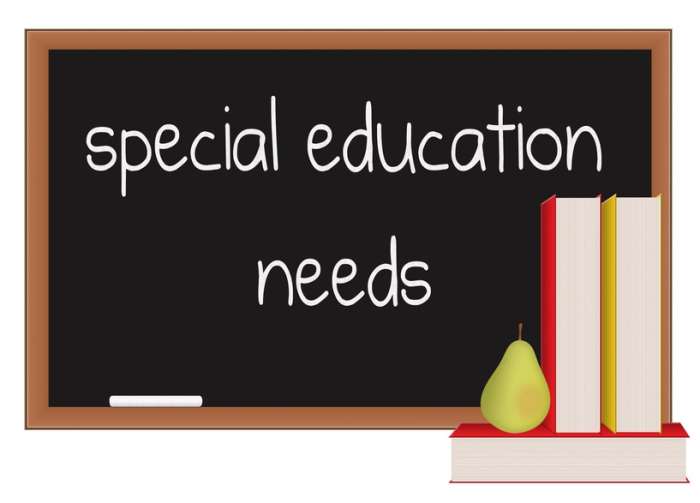The network is co-funded by the European Commission under contract 518426-LLP-1-2011-1-BE-COMENIUS-CNW/2011-4071.
SENnet has three aims:
1. To undertake research in the area of SEN in schools
2. To explore and document new learning environments integrating learners with SEN
3. To improve the supply of professional development resources on SEN at EU level.
The Network does not propose to address wider issues of inclusion, e.g. social exclusion, poverty, migrant education, but to focus on specific special needs, i.e. disabilities. It takes as its starting point that the potential of ICT to address these difficulties is significant and under-exploited.
The Network’s objectives are:
o Research: to identify, analyse and disseminate
Barriers and opportunities to implementing the principles of inclusion of learners with SEN in mainstream schools
Effective approaches for special schools serving as resource centres to all schools
o New learning environments: to map and analyse, develop scenarios and design:
New learning environments that integrate learners with SEN, with particular reference to the role of ICT and to specific special needs, e.g. dyslexia
And digital resources for learners with SEN to use in these environments for both access (e.g. communication tools for the visually impaired) and learning (e.g. applications to help those with learning difficulties develop basic skills)
o Teacher competence development: to develop awareness and competences
Enabling teachers, school leaders and others in schools to understand, promote and practise inclusion of learners with SEN in mainstream classrooms, making full use of ICT
By the end of the project, we expect the following outcomes and changes:
o Documentation freely accessible to all EU Member States on the Network’s web site that identifies and analyses barriers and opportunities in integrating learners with SEN into mainstream education, with case studies of good practices, leading to a more open attitude to the issue of integration;
o Scenarios for learning environments that mainstream learners with SEN, including the use of special schools as resource centres, leading to fewer barriers to integrating learners with SEN;
o A significant increase in the number of online resources to support learners with SEN, including new ones to enable subtitling, leading to more uptake of these tools and materials on the Learning Resource Exchange;
o A series of online learning modules easily translated and adaptable to national contexts and a community of practice, enabling teachers across Europe better to understand and practise integration of learners with SEN.
For more information please visit http://sennet.eun.org
